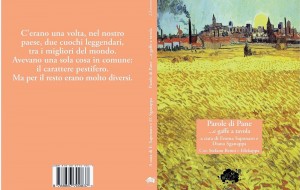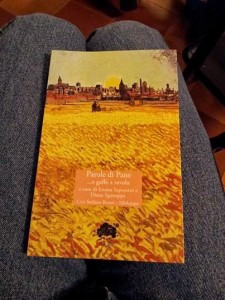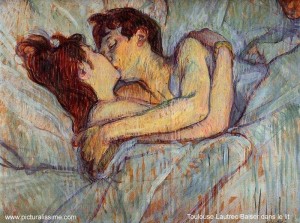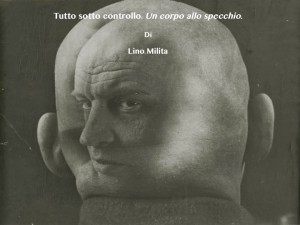March 6, 2014
He who command and who in positions of responsibility, first of all, he should express compassion and empathy, even for those for those who are weak and dumb.
To that end, I draw inspiration from the song “Il Presidente” of the disc at 33 rpm and Fabio Celi and Nurses – “Madness.”
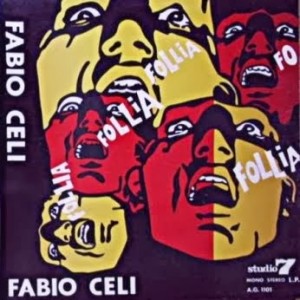
It was written in 1969 and published in 1973. Disc This anticipates a two-year progressive rock and is already projected in the next decade. This Rock is built on the basis of two keyboards and the voice of Fabio Celi (aka Antonio Cavallaro). There are also foundations of classical music reconciled to the sweetness of voice and melodies italic, similar to some of the group’s musical “Banco del Mutuo Soccorso”.
In 1973, when he came out for the TV show “Studio 7”, the disc contains six tracks, was immediately banned by the Italian Radio and Television, limiting its distribution at the regional level.
Today in 2014 the chiefs, leaders, presidents speak declaratively and full of intent clear, with a child in the anal phase of rationality that wants to eradicate the evil, or people from one nation to another, or young leaders who want to expel , scrapping, and evacuate people, ideas and words. Or even novice knights who spread the purifying fire of acclaim, to clear the old putrid and rotten, and that is always more out of their own history and the environment from which they were born and raised.
And they talk about the advent of promising new was always far away, through their enthusiasm, gesture, ability. And all this is fine and noble, but it is always the “own” because they talk about “them.”
Who’s in charge would have the burden and the ability to manage resources and assets for the common good. He should listen to the obvious and conflicting points of view, preserving all, despite the changing conditions of survival to ensure the possibility of dignified existence.
This is not obvious, at least in recent centuries?
The leader and the President should show compassion and care by the forces supporting it. A sense that it is her body and not so sacred and charismatic, but in the poetic sense of one who absorbs and reverberates. Of one who, like the poet amplifies it through limits and weakness.
The sense in lyrical poetic translation of the world is perhaps the matrix of the surplus of what we could be.
I propose a track on this album, from the title “President” and propose the text of a future modernity and a sweetness that is perhaps still not completely understood:
È da poco tempo, che io siedo qui
massima vetta della società
E vorrei ascoltare, la parola di chi
Mi chiede pane, lavoro, e libertà.
Ma non è che non voglio, è che non posso
mantenere ora, ciò che promisi.
No, non fate quei visi.
Vorrei dir di si, a ciò che domandate
aiutare te, aiutare tutti voi
purtroppo non sono quello che voi credete
io qui sono tutto, ma non sono nessuno,
che posso farci, se mi hanno detto così
non fare un passo, non ti muovere di qui
che posso farci, se mi hanno detto di più
“ricordati, che chi comanda non sei tu”.
Che stupido sono, ho creduto
di avere tutto, niente ho avuto
prima di me, ognuno s’è venduto
ha messo all’asta la sua patria
la sua terra, la sua famiglia.
To listen to the song click HERE
